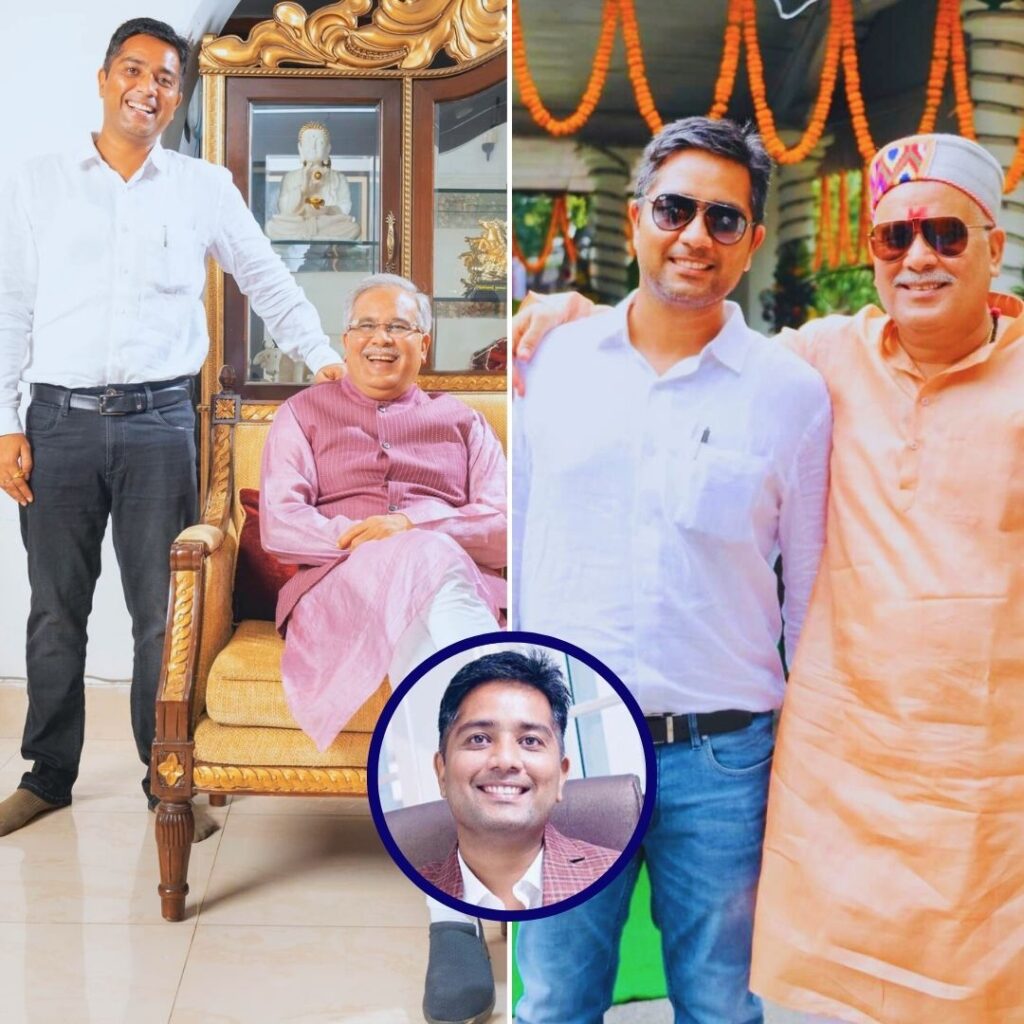The farming communities across the nation call him ‘Krishi ka Rishi’. Subhash Palekar is the creator of the ‘Zero-budget Natural Farming’ model which has become very popular amongst farmers across the country.
Born in 1949 in Belora, Vidarbha region of Maharashtra, Palekar completed his bachelor degree in Agriculture from a college in Nagpur. Even during his early days, he worked with tribal people and addressed the problems they had. He joined his father to do agriculture on their farm in 1972. Though his father used to use only natural farming methods, over time, he also started using chemicals. The produce declined gradually, and they realised that the use of chemicals also degraded the quality of the produce and the plants. Palekar started looking for alternate technologies and methods to using chemicals.
One of his team members, Subramanian Swamy, told The Logical Indian more about this journey.
A new beginning Palekar had studied the lifestyle and social structure of the tribal people. He was amazed to see that there was no human assistance in the forests where they lived. Fruits of Tamarind, Mango and Neem grew in abundance despite a famine. He studied forest vegetation to research the natural growth of those trees. He observed that there is a self-nourishing, self-developing and self-reliant natural system in the forest due to which the ecosystem flourished without any human intervention. After six years of research, he understood the technique of Zero Budget Natural Farming. He imparted the same education to farmers throughout India through workshops, seminars. He also published his books in Marathi, Kannada, English, Hindi, Telugu, and Tamil.
After uninterrupted work, publishing books and attracting politicians and media towards the problem of farmers, he realised that there is no other alternative to stopping the suicides of the farmers. Now, more than thirty lakh farmers throughout India practice Zero Budget Natural Farming in Karnataka, Andhra Pradesh, Kerala, Punjab, Haryana, Uttar Pradesh, Chattisgarh, and Rajasthan.
Research outcome After six years of research, Palekar realised:
Indian cow’s dung is more effective on the soil than Holstein cows. Dung and Cow urine mixed together is more efficient as a fertiliser where the urine should be a bit old, and the dung should be fresh. Jaggery can also be used in the mixture as additives. The amount of milk given by cow effects the dung. The lesser the milk the cow gives, the more beneficial its dung is towards reviving the soil.
Zero-Budget Natural Farming Zero-budget natural farming is the method where the cost of growing and harvesting produce is zero. It means that farmers do not have to purchase pesticides and fertilisers to ensure the healthy growth of crops. Palekar drove inspiration from the ancient techniques followed by Indian farmers. He recreated the formulation called ‘Jiwamrita’ which contains fermented solution, 200 litres water, 10 kg dung, 5-10 litres cow urine, besan, 1 kg jaggery and a handful of soil from the farm. He also spread a carpet of harvested crop residue between crop rows that prevents the emergence of weeds and helps to absorb moisture from the atmosphere. This formula also ensures healthy plant growth by nurturing thousands of essential bacteria. It yields 5-6 quintals of cotton in non-irrigated patches. On irrigated patches, this yield goes up to 10 quintals. The only cost incurred is the cost of buying seeds.
Recognitions Subhash Palekar was conferred with Padma Shri award by the Government of India in 2016. He was the only active farmer to receive this recognition.
Workshops He organises many workshops on zero-budget spiritual farming. The workshops are carried out in many cities like Nashik ( Maharashtra), Palampur (Himachal Pradesh), Ratnagiri (Maharashtra), Kolhapur (Maharashtra), etc.
The Logical Indian congratulates Subhash Palekar for his work and hopes this method of farming reaches more farmers in the country.











